Garbage disposals are handy kitchen appliances, but they’re not invincible. Many homeowners make the mistake of treating their disposal like a trash can, leading to costly repairs or replacements. Understanding what not to put down your garbage disposal can save you from headaches and expensive plumbing bills.
Eggshells
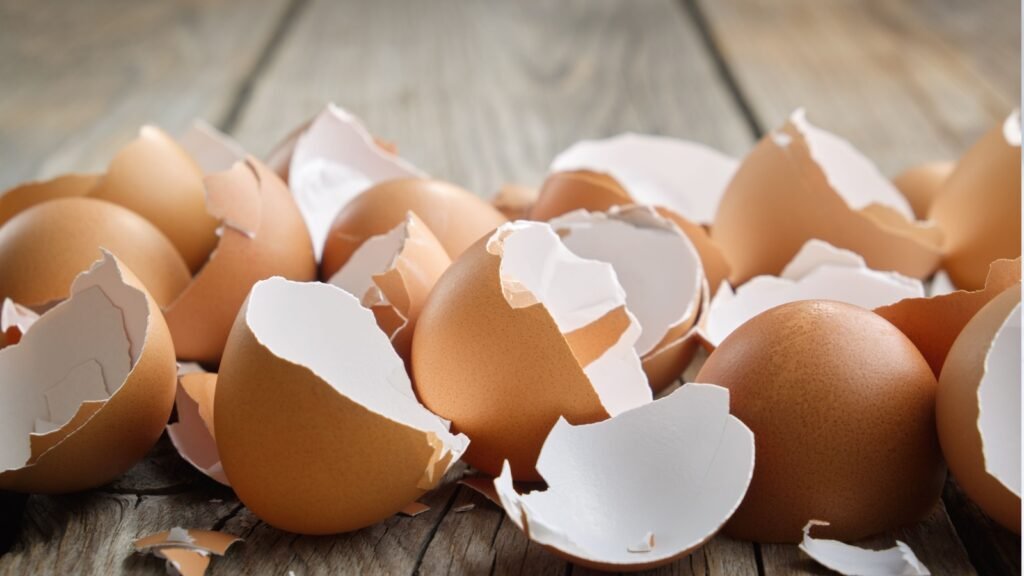
Contrary to popular belief, eggshells are bad for your garbage disposal. The membrane lining can wrap around the blades, and the ground-up shells create a sand-like substance that can clog pipes. Over time, this can lead to a complete blockage. Even if they make it through the disposal, the gritty residue can settle in your pipes, contributing to long-term plumbing issues.
Fruit Pits and Seeds
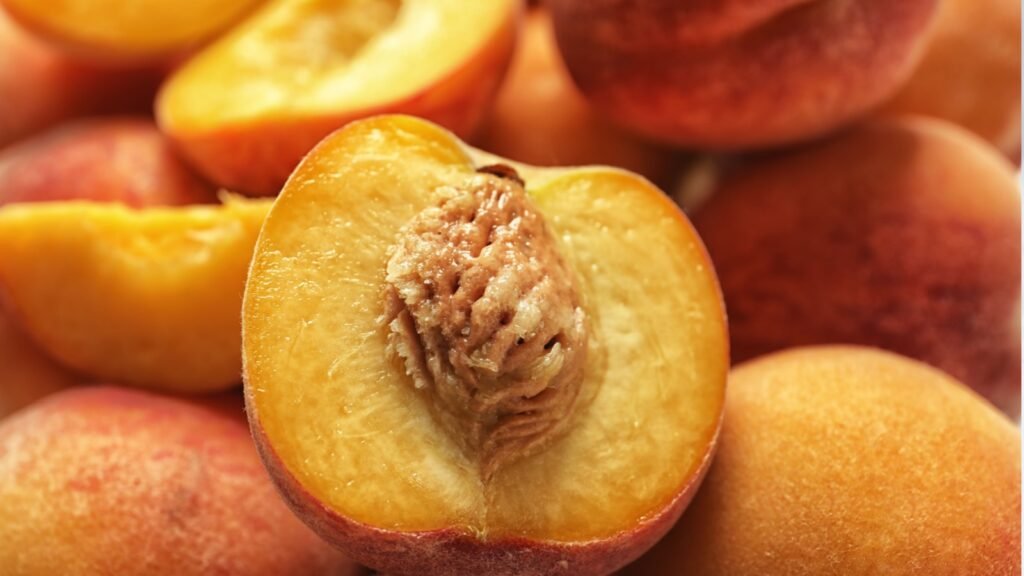
Hard items like fruit pits and seeds can damage your disposal’s blades or get stuck in the grinding chamber. A peach pit, for example, is too hard for most disposals to grind effectively. These can also bounce around inside the disposal, potentially cracking the interior. Attempting to grind them can also overheat the motor, causing it to burn out prematurely.
Fibrous Vegetables
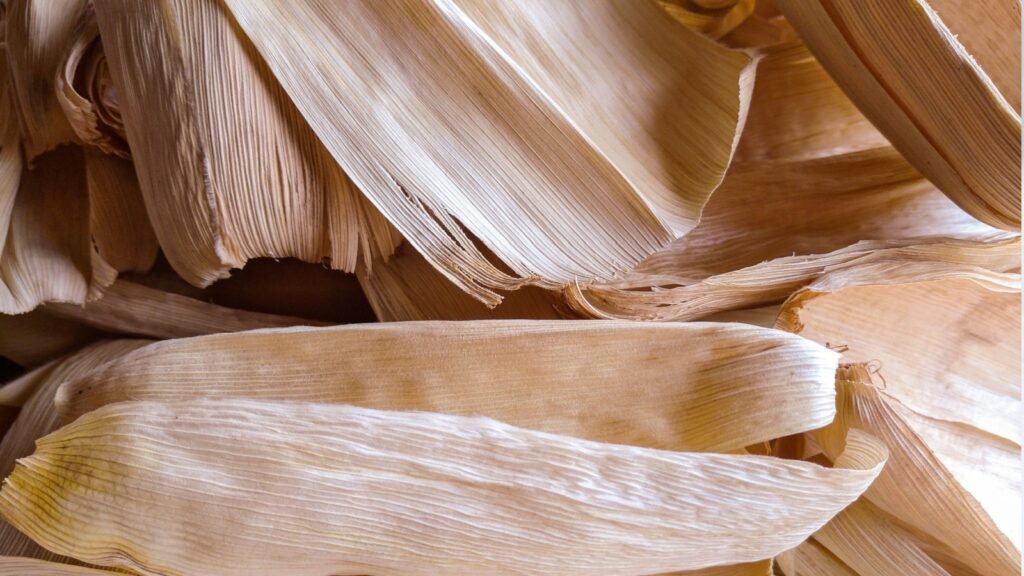
Stringy, fibrous vegetables like celery, asparagus, and corn husks can wrap around your disposal’s blades. This can jam the motor or, in severe cases, break it completely. The tough fibers also don’t break down easily, increasing the risk of clogs. Even after passing through the disposal, these fibers can accumulate in your pipes, creating tough blockages that are hard to clear.
Cleaning Chemicals
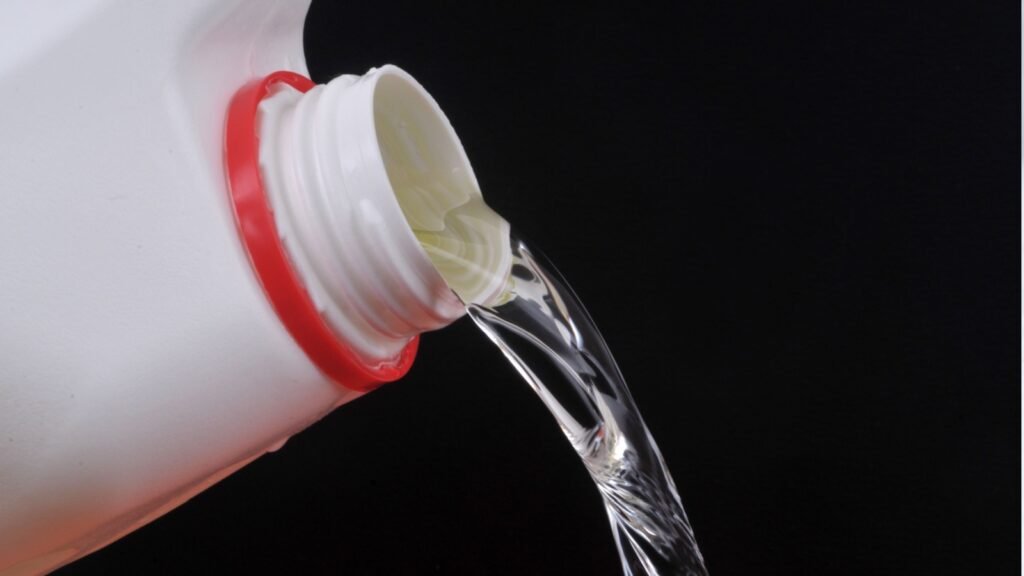
Harsh chemicals can corrode your disposal’s metal components and damage your pipes. Even products marketed for disposals can be harmful if used excessively. Stick to natural cleaning methods like grinding ice cubes and lemon peels to clean and deodorize your disposal. Chemical residues can also enter the water supply, potentially harming the environment.
Seafood Shells

Shells from shrimp, lobster, and other seafood are too hard for most disposals to grind effectively. They can dull the blades and potentially cause jams. Even if ground up, shell fragments can accumulate in pipes and cause blockages. The sharp edges of shell fragments can also scratch the interior surfaces of your disposal, reducing its efficiency over time.
Fruit Stickers
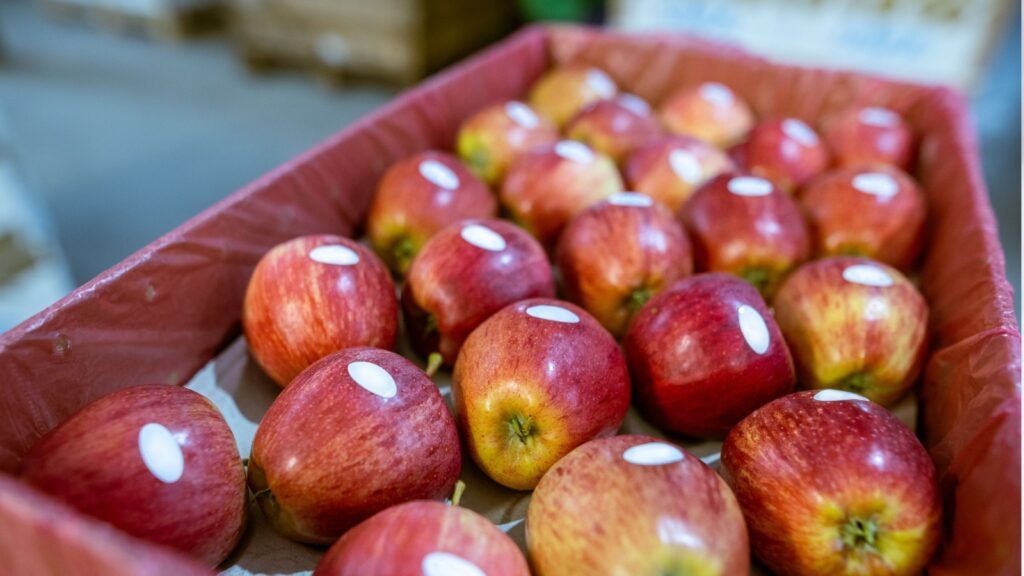
Those tiny stickers on fruits and vegetables might seem insignificant, but they can cause big problems. They don’t break down in water and can stick to the sides of your disposal or pipes. Always remove these stickers before putting fruit or vegetable scraps in the disposal. They can also contribute to clogs by catching other debris as it passes through your pipes.
Non-Food Items

It might seem obvious, but non-food items should never go in your disposal. Things like rubber bands, twist ties, or small utensils can damage the blades or jam the motor. A single metal spoon can destroy your disposal’s grinding mechanism. Non-food items can also cause dangerous malfunctions if they get lodged in the motor.
Cooking Oil and Grease
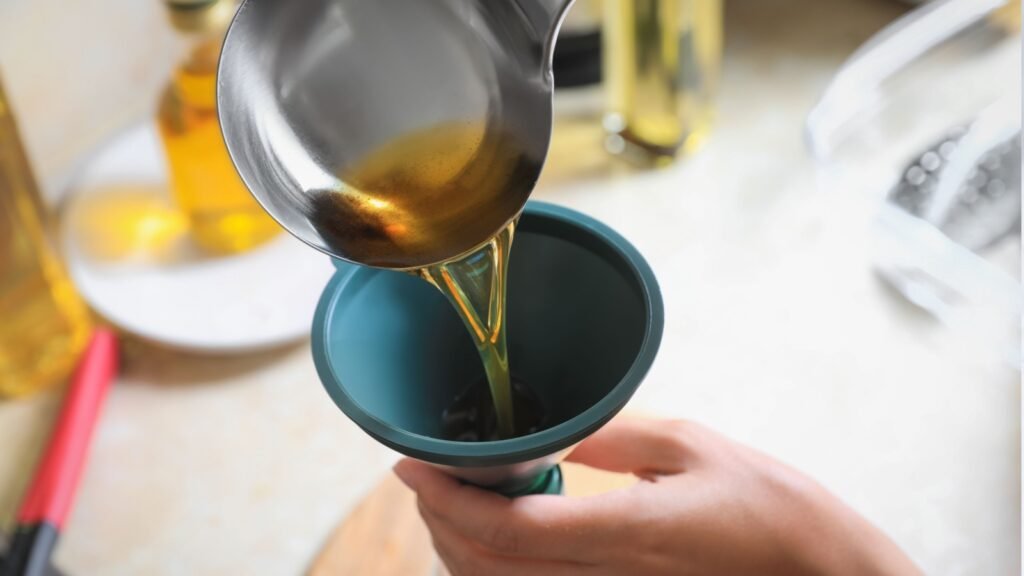
Liquid oils might seem harmless, but they solidify as they cool. This creates a sticky coating inside your pipes that catches other debris, leading to clogs. Even small amounts can build up over time. The buildup of grease can also create foul odors that are difficult to eliminate.
Pasta and Rice
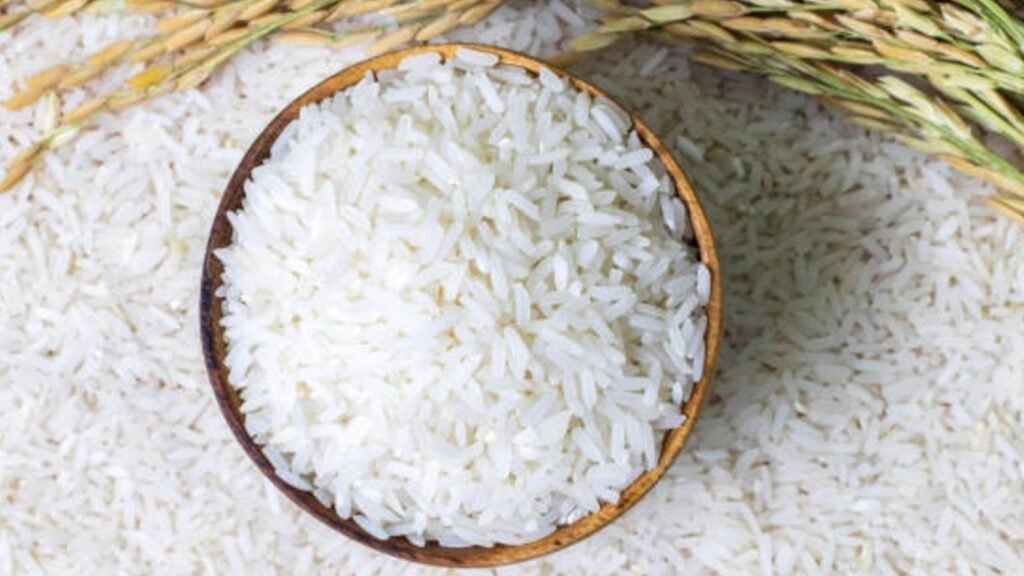
Starchy foods like pasta and rice continue to expand when exposed to water, even after cooking. In your disposal and pipes, they can swell and create a paste-like substance that leads to clogs. A single serving of cooked pasta can expand to the size of a small rodent in your pipes. Over time, this can create a nearly impenetrable blockage that requires professional intervention to remove.
Potato Peels
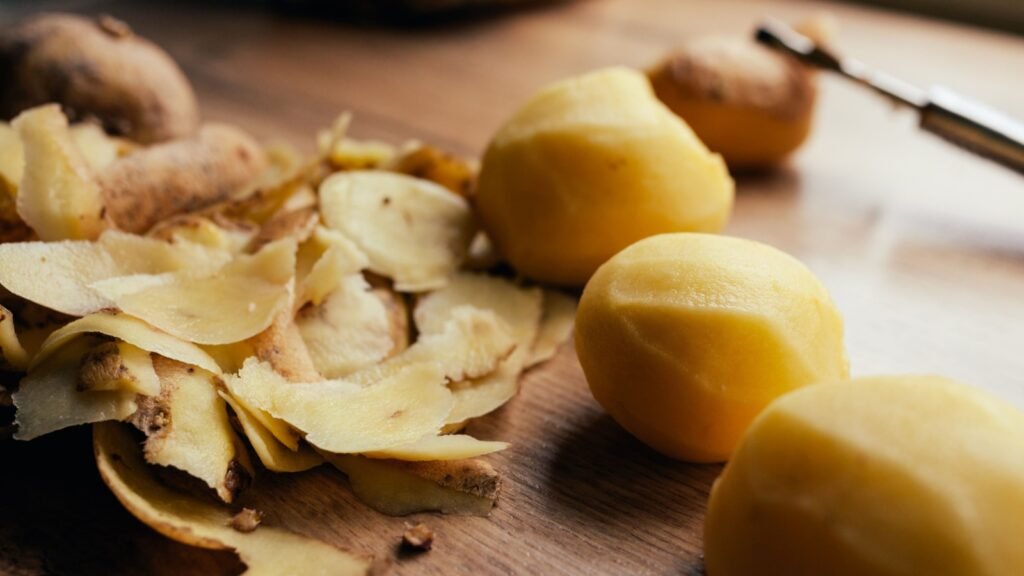
Potato peels contain a lot of starch, which can create a thick paste in your pipes. They can also slip past the disposal, potentially clogging the pipe. A single potato’s worth of peels can cause a significant blockage. The sticky starch can coat the blades, reducing their efficiency and leading to further complications.
Onion Skins
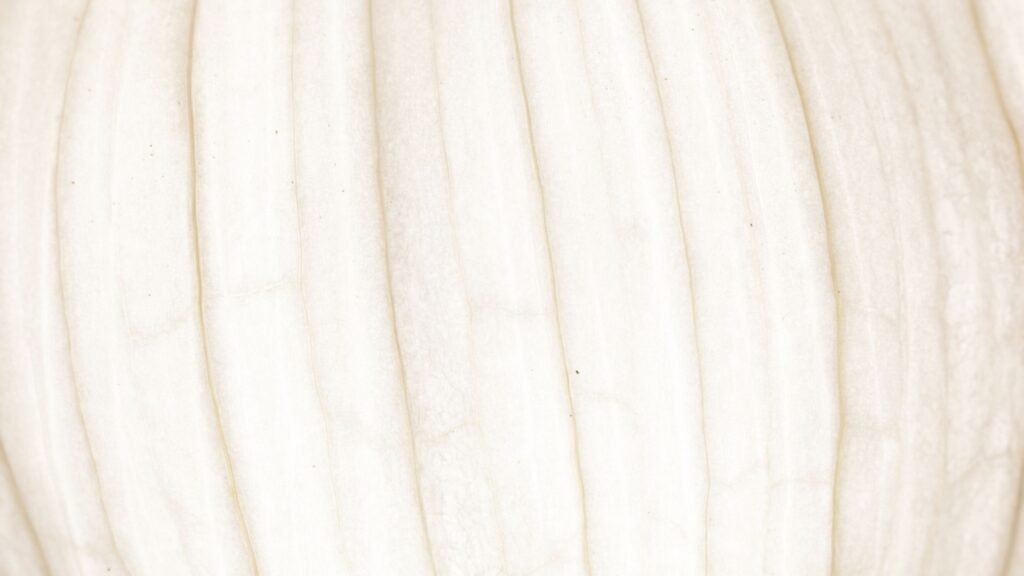
The thin membrane layer just beneath the dry skin of an onion can pass through the disposal and get stuck in the drain pipe. This layer doesn’t break down easily and can catch other debris, leading to clogs. Compost onion skins or use them to add flavor to soups and stocks. If not removed, these membranes can wrap around the disposal blades, causing them to jam.
Large Amounts of Food at Once
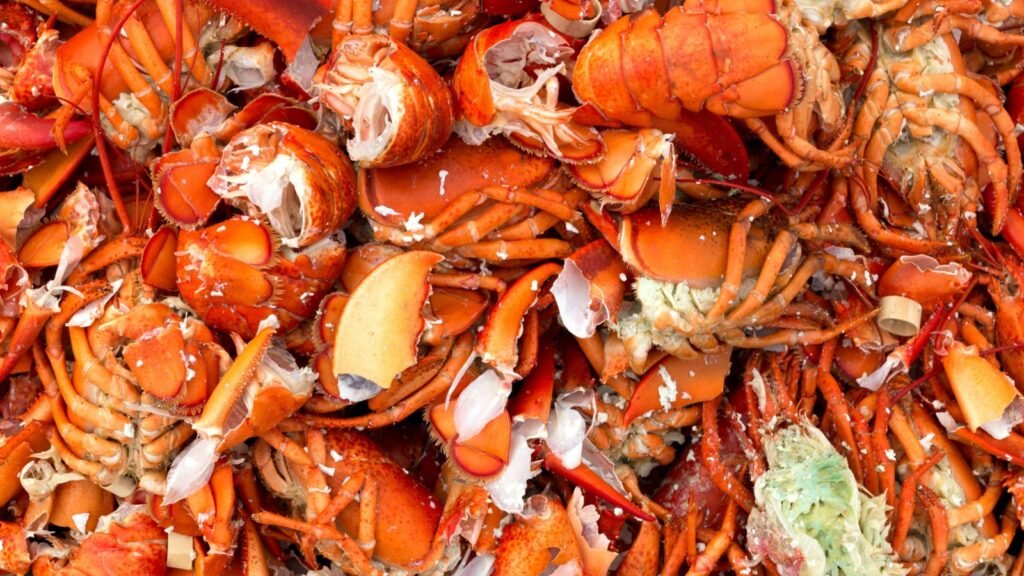
Overloading your disposal can strain the motor and lead to clogs. Feed waste gradually, using cold water to help flush it through. A good rule of thumb is to only dispose of about 1 cup of food waste at a time. Overloading can cause the disposal to overheat and shut down, requiring a reset or even a costly repair.
Medication

Never use your disposal to get rid of old medications. The chemicals can contaminate water supplies and harm wildlife. Most water treatment plants aren’t equipped to remove these substances. Flushing them down the disposal can also introduce harmful chemicals into your local water system, posing environmental risks.
Paint
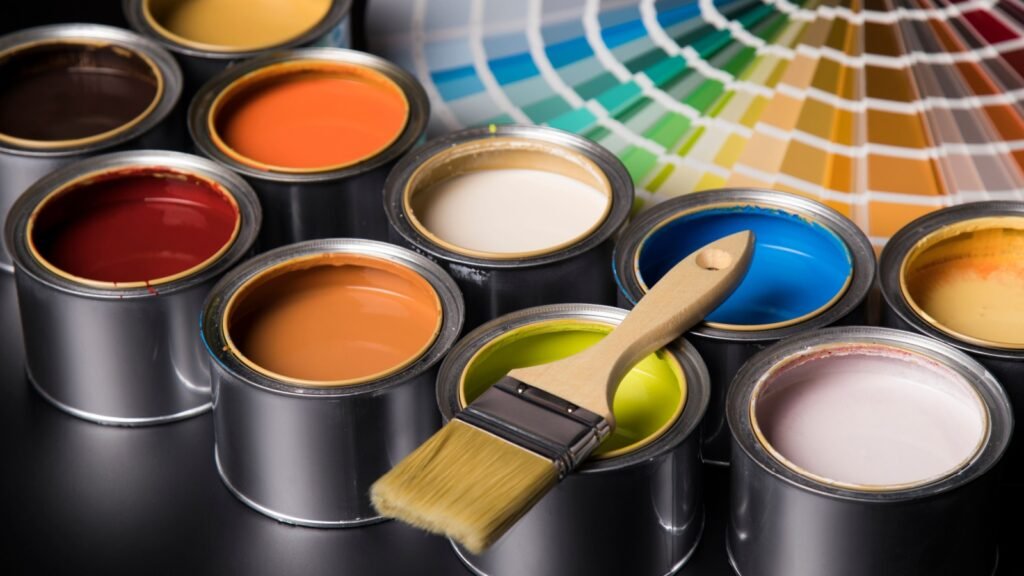
Paint can coat the inside of your disposal and pipes, leading to clogs and potentially damaging the motor. It also contains chemicals that shouldn’t enter the water system. Dispose of paint according to local regulations, usually at a hazardous waste collection site. Even small amounts of paint can create a sticky residue that is extremely difficult to remove from pipes.
Bones
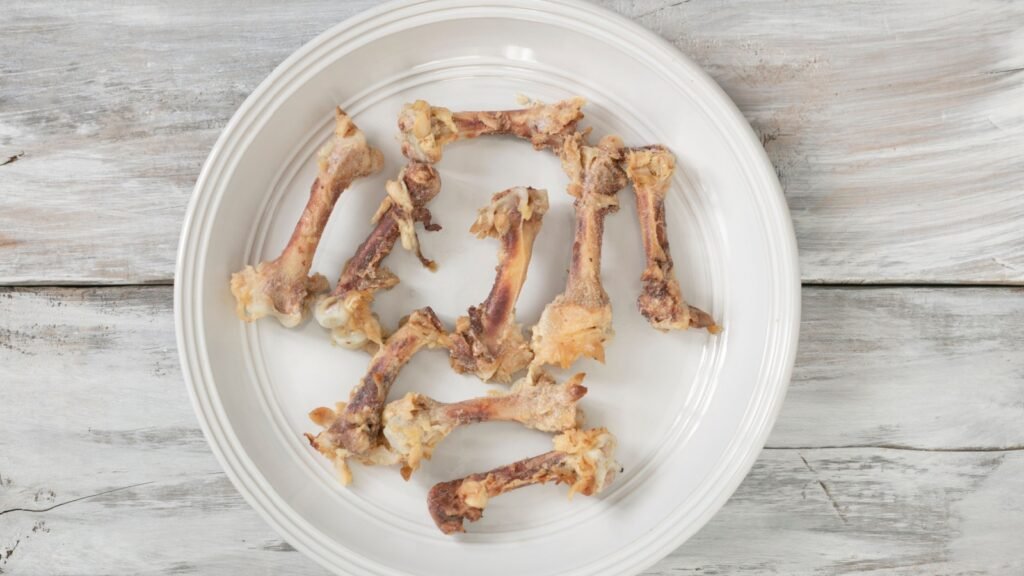
While some high-end disposals claim to handle bones, it’s best to avoid them altogether. Bones can dull or chip the blades and potentially jam the motor. Even if ground up, bone fragments can collect in pipes and cause blockages. The impact of bones can also strain the motor, reducing the disposal’s lifespan significantly.
Coffee Grounds

Coffee grounds can create a thick, sludgy paste in your pipes. While a few grounds might seem harmless, they accumulate over time and don’t break down easily. This build-up can lead to severe clogs and potentially damage your disposal’s motor. The grounds can also absorb grease and oils, worsening clogs and creating stubborn blockages.
Nuts and Seeds
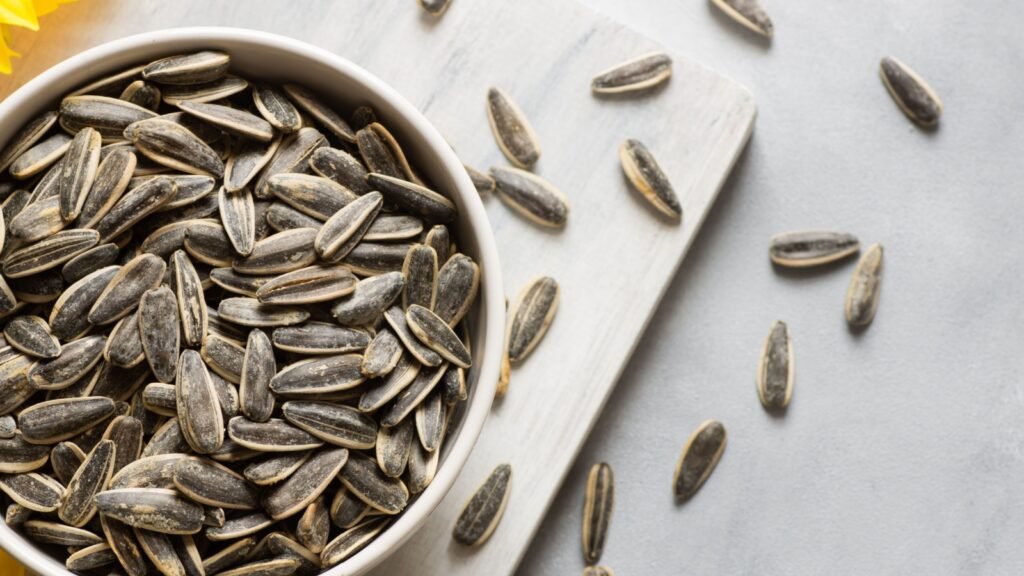
Nuts and seeds can turn into a paste-like substance when ground up, similar to peanut butter. This sticky paste can clog pipes and potentially jam your disposal’s motor. Additionally, small, hard seeds can get caught in the disposal’s crevices. The high oil content in nuts can also contribute to grease buildup in pipes, further increasing the risk of clogs.
Coffee Filters and Tea Bags
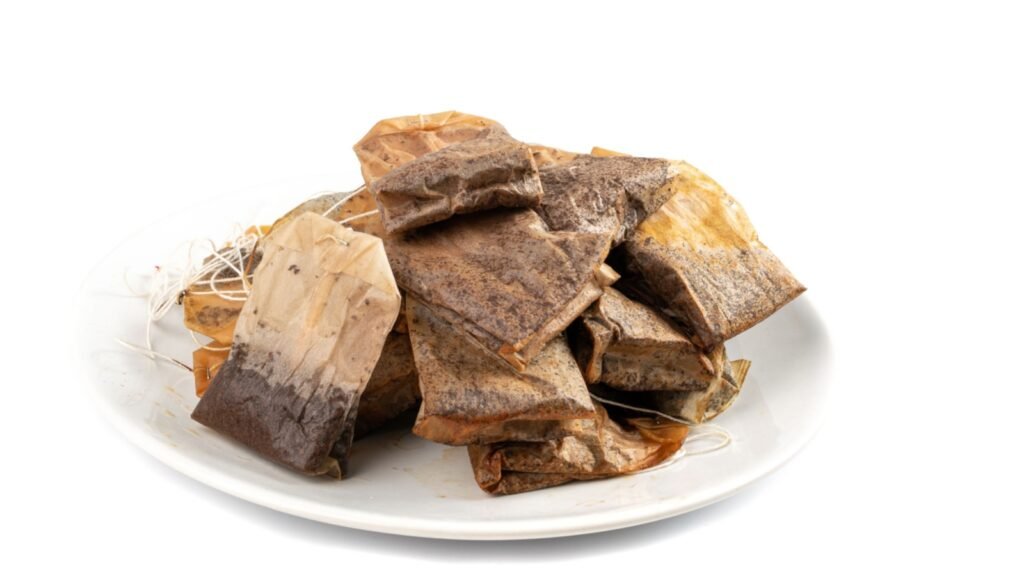
While coffee grounds and tea leaves are problematic, the filters and bags are even worse. These can wrap around the disposal’s blades or get caught in the pipes, causing clogs. The fibers in tea bags and coffee filters don’t break down easily in water. Once lodged in the pipes, these materials can cause stubborn blockages that require professional removal.

